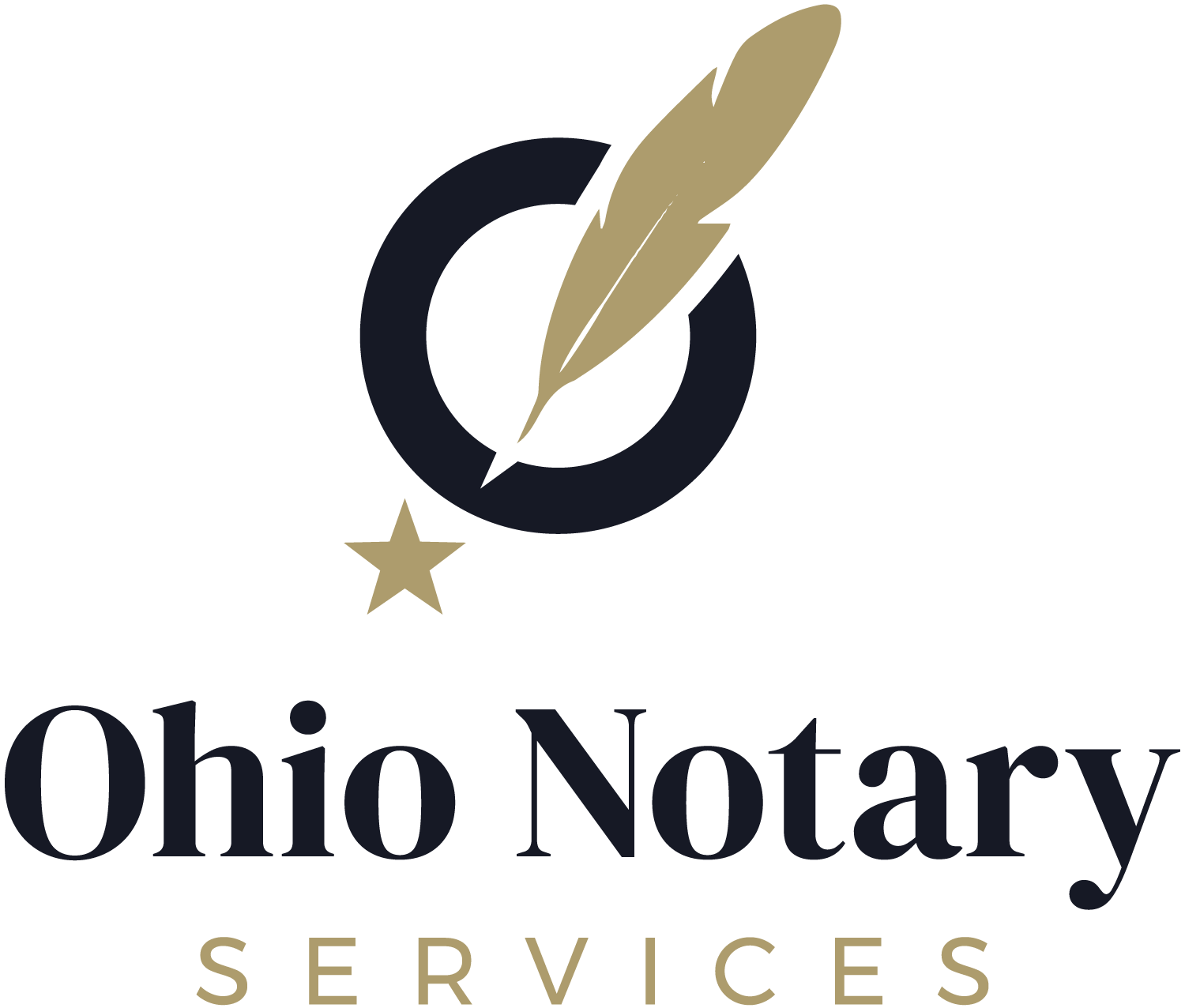Debunking Notarial Job: Simplifying the Role and Value of Notaries
Their function, often shrouded in secret for numerous, brings considerable weight in ensuring the validity and integrity of vital documents. By untangling the intricacies surrounding notarial methods and losing light on the relevance of their acts, a more clear understanding emerges of the vital role notaries play in upholding the textile of legal and legal arrangements.
The Background of Notarial Job
The background of notarial work dates back to old civilizations, where scribes played a vital function in tape-recording crucial information and validating documents. This led to the development of notaries, individuals appointed by the state to act as impartial witnesses in lawful issues.
Throughout the Middle Ages, notaries got prestige in Europe, with their functions increasing to include composing lawful records, certifying trademarks, and maintaining records. The rise of worldwide profession even more highlighted the relevance of notarial job in validating contracts and arrangements throughout borders.
In the contemporary age, notaries remain to play a vital duty in legal and service transactions by validating identifications, validating the authenticity of files, and protecting against fraudulence. Their duty in certifying the legitimacy of arrangements includes a layer of protection and trust to the ever-evolving landscape of commerce and legislation.

Duties and Responsibilities of Notaries
The historical evolution of notarial work from old people to the modern-day age has shaped the distinct duties and duties that notaries maintain in legal and business purchases today. Notaries play an essential duty in validating the authenticity of documents and the identification of notaries. One of their main responsibilities is to witness the finalizing of vital files, such as deeds, wills, and contracts, to make certain that all parties are participating in agreements knowingly and willingly. Notaries additionally confirm that signatories are of audio mind and not under discomfort or browbeating.
Moreover, notaries are entrusted with providing vows and affirmations, which are vital in lawful proceedings and the execution of affidavits. They certify duplicates of initial documents, providing guarantee to establishments that the duplicates hold true reproductions of the originals. Notaries need to maintain precise documents of all purchases they oversee to ensure transparency and responsibility. Overall, the responsibilities and obligations of notaries are essential in safeguarding the stability and legitimacy of different records and deals.
Notarial Certificates and Signatures
Exemplifying precise attention to information, notarial certifications and trademarks work as crucial parts in confirming the credibility of lawful papers. Notarial certificates normally contain crucial details such as the day of notarization, the names of the signatures, a description of the file, and the notary's official seal. These certificates provide a clear document of the notarial act, ensuring that the file can be easily recognized and mapped back to the notary who looked after the process.
Signatures play a crucial role in notarial work, as they symbolize the agreement and authorization of the parties involved. Notaries thoroughly witness the finalizing of papers to validate the identification of the signatories and verify that they are authorizing of their own free will. By affixing their main seal and signature to the document, notaries license that the essential procedures have been adhered to which the document is enforceable and legitimate.
Essentially, notarial certifications and trademarks are the characteristic of authenticity in lawful transactions, supplying guarantee to all celebrations involved that the records are genuine and binding.
Value of Notarial Acts

Notarization Refine Described
The registration process generally starts with the specific providing the paper to a notary public. When the identity is confirmed, the notary makes certain that the individual signing the document does so willingly and without any threat.

Final Thought

Notarial certifications generally have important info such as the date of registration, the names of the signatures, a summary of the document, and the notary's official seal. These certifications provide a clear document of the notarial act, making sure that the paper can be easily recognized and mapped back to the notary who looked after the process.
By attaching their main seal and signature to the record, notaries certify that the needed treatments have actually been followed and that the file is legitimate and enforceable.
By confirming the identity of the signatories, verifying their desire to enter into the contract, and licensing the date and place of the signing, notaries play an essential duty in promoting the credibility of legal records.After the paper is signed, the notary will attach their official seal or stamp onto the document.